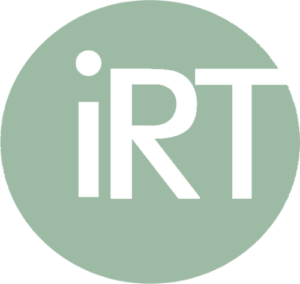Project Towards No Drug Abuse (Project TND) is a school-based prevention program for high school youth. Twelve 40-minute interactive sessions are taught by teachers or health educators, and have been used with both high-risk traditional students across school settings. The curriculum focuses on self-control, communication, and decision-making skills that help teens to resist drug use. Students also learn how to acquire resources to help them resist drug use and develop the motivation to not use. The overall goals are abstinence from alcohol, tobacco, and drug use, as well as reducing the risk of victimization and the frequency of weapons-carrying among students.
Project SUCCESS
Project SUCCESS (Schools Using Coordinated Community Efforts to Strengthen Students) is designed to prevent and reduce substance use among students 12 to 18 years of age. The four-part program includes education about substance use and consequences, school-wide activities to change social norms about substance use, a parent education component, and individual and group counseling for students and parents.
Project Northland
Project Northland is a school- and community-based multilevel prevention program for adolescents in grades 6-8. Lesson content involves students, peers, parents, and community members with home-based curriculum for families and peer- and teacher-led curriculum in the classroom. Student-parent homework assignments, in-class discussions, skills training, and role-plays, and community-based projects comprise the program. The overall goals are to delay the age at which adolescents begin driving, reduce alcohol use among those already drinking, and limit the number of alcohol-related problems among young drinkers.
Project ALERT
Project ALERT is a school-based, multimedia prevention program for middle school students that focuses on alcohol, tobacco, and marijuana use. Lesson content focuses on helping students understand the consequences of drug use, recognize the benefits of nonuse, build norms against use, and identify and resist pro-drug pressures. Students engage in small-group activities, http://legacy.nreppadmin.net/ViewIntervention.aspx?id=62 new skills. The overall goals are abstinence from substance use, improved refusal skills, and changed attitudes about alcohol, tobacco, and marijuana use.
PALS: Prevention through Alternative Learning Styles
Prevention through Alternative Learning Styles (PALS) is a school-based prevention program for middle school students. Teachers or PALS staff members lead students through five units, presented in ten lessons, which cover the following topics: learning styles and differences, effects of alcohol, tobacco, and drugs on the brain and body, peer pressure, and healthy choices. A supplemental website provides additional lessons and a peer mentoring program with interaction games and presentations. The overall goals are (1) reducing intentions to use substances, (2) increasing students’ use of refusal skills, and (3) enhancing students’ knowledge of the effects of ATOD, peer pressure and healthy decision-making, and different learning styles.
LifeSkills Training
LifeSkills Training (LST) is a school-based prevention program for elementary, middle, and high school students. Teachers lead students through discussion, group activities, and role-playing scenarios that focus on personal and social skills that build resilience and help youth navigate developmental tasks, especially understanding and resisting the influence of drugs. The overall goal is to prevent alcohol, tobacco, and marijuana use and violence among youth.
